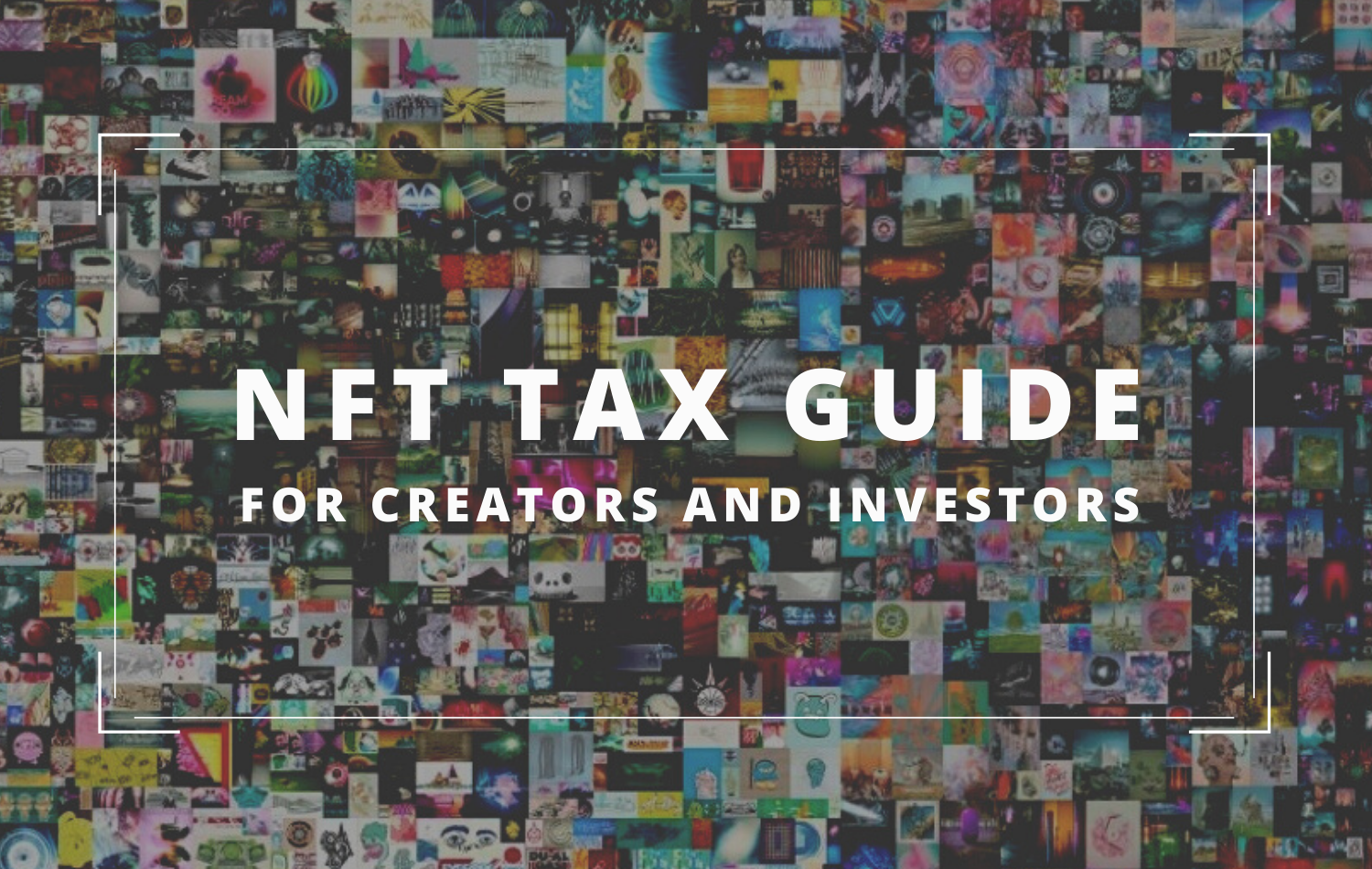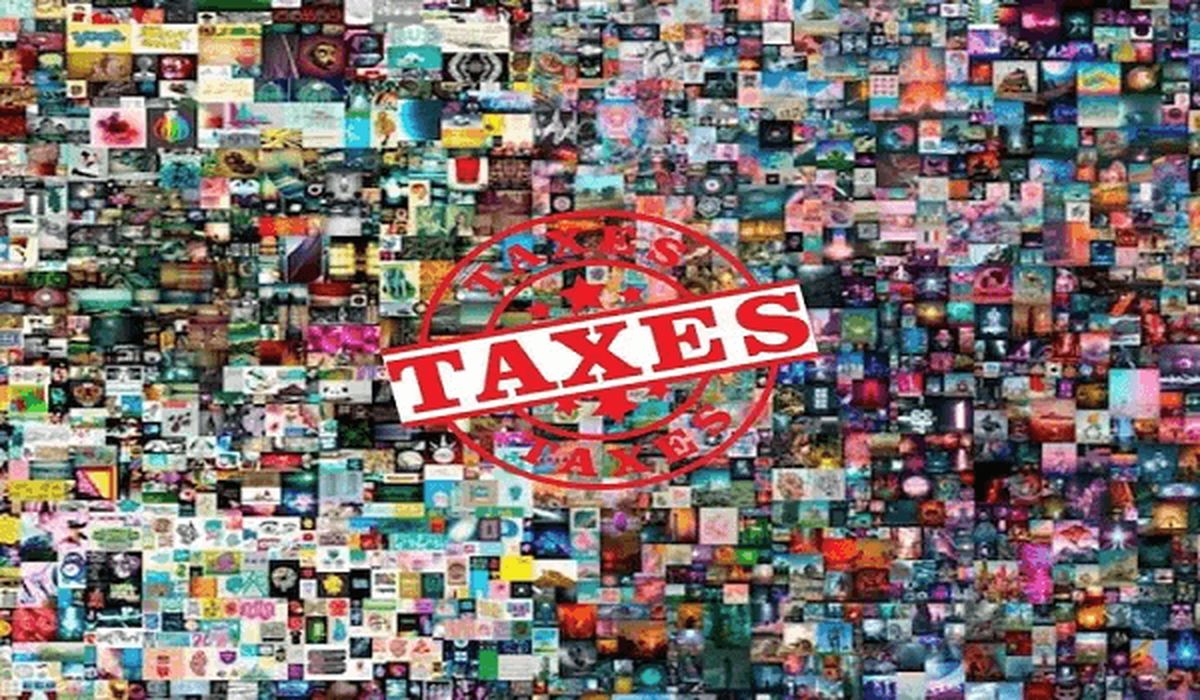With the surging popularity of NFTs, it was just a matter of time before regulatory bodies and governments would take notice and swoop in with NFT taxation policies. The Internal Revenue Service (IRS) in the United States recently issued clear guidelines on how NFTs should be taxed. The regulator insisted that it recognizes their significance in the digital space.
Understanding the new tax rules is crucial for NFT holders since it can affect their financial planning and decision-making in the swiftly evolving digital market.

Important Highlights From The IRS Notice On NFT Taxation
IRS Notice 2023-18: An Important Game Changer for NFT Markets
The IRS Notice 2023-18 has introduced much-needed clarity to the taxation of NFTs in the US. Based on this notice, nonfungible tokens are now classified as collectible assets, which are similar to physical collectibles like stamps, art, and coins. The classification has major effects on NFT holders, as it defines how gains from NFT transactions will get taxed.
One of the critical aspects of the IRS NFT taxation rules is that the capital gains tax rates will primarily depend on the holding period of the nonfungible token.
The long-term capital gains rate mainly applies when the NFT is held for over a year before being sold or exchanged. Consequently, in case the NFT is held for a year or less, the near-term capital gains rate applies, and it is normally higher.
Record-Keeping And Tax Deductions
With the new IRS NFT guidelines set in place, NFT holders need to maintain accurate records of their transactions. It includes information about the purchase price, dates of acquisition and disposition, and sale price. Efficient record-keeping is important to help calculate the correct amount of tax owed on NFT gains.
Moreover, these new guidelines outline exemptions and deductions available to NFT holders. For instance, those who donate NFTs to qualified charitable organizations might qualify for a tax deduction. Nevertheless, various limitations and limitations apply, so consulting a tax expert for customized advice on NFT-related tax matters is important.

Massive Impacts Of The IRS NFT Tax Rules
The Effect On The NFT Market
The IRS NFT tax rules have already generated mixed reactions from creators and collectors. Some are worried that classifying NFTs as collectible assets might result in increased trading costs and diminishing liquidity in the market.
On the flip side, many others view the new NFT taxation rules as a needed and important step to help legitimize NFTs and offer a highly stable regulatory infrastructure for their growth.
These new tax rules might also affect NFT prices and their trading volumes. As investors are now becoming more aware of the tax implications of NFT transactions, they might adjust their investment strategies ideally, which might result in massive fluctuations in the market.
Global Consequences And Future Developments
The latest stance on NFT taxation by the IRS might influence other nations and jurisdictions to create their guidelines and policies. As NFTs gain global recognition, regulatory bodies, and governments globally need to establish clear tax rules that address the emerging asset class.
The countries that still have to issue particular guidelines for NFT taxation might turn to the IRS’s strategy as a starting point or benchmark.
While the IRS NFT tax regulations represent a considerable step forward in regulating the NFT space, it is important to remember that the digital landscape continuously evolves. As new applications and use cases for nonfungible tokens arise, tax policies, rules, and regulations might have to adapt accordingly.
NFT holders, developers, and investors need to always stay informed about any tax rules and regulations changes that might impact their NFT-related activities.
The Takeaway
The recent IRS NFT tax guidelines offer the much-required clarity for NFT holders, developers, and collectors in the United States. By classifying NFTs as collectible assets, the Internal Revenue Service has established a clear infrastructure for taxing gains from NFT transactions. As the market continues with its evolution, users involved in the NFT industry must remain up-to-date with the most recent tax rules and regulations.
Even though the IRS NFT tax rules have generated mixed reactions within the sector, they represent a considerable step toward legitimizing NFTs and offering a stable regulatory environment for their consistent growth.
As other nations start to develop their NFT taxation policies, the world market might continue expanding, and new opportunities will come up for creators, investors, and enthusiasts.





